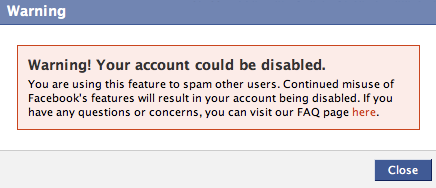Relaunching!
We think that highlighting the stories of people and groups who are using social network sites as part of their day-to-day lives for staying in touch with old friends and meeting new ones, learning, personal growth, professional development, and political activism will help people better understand the transformative possibilities of this medium, and give a new lens for exploring the tough issues related to privacy and free speech.
Introducing … Tales from the Net , January 2008
When we started working on Tales from the Net, one of our major goals was to demystify social networks, both to make them less scary to people who don’t have experience with them . Since then, Facebook’s grown so explosively that today the majority of people in the US have a Facebook account. People feel safe there, and for many it’s become a big part of the fabric of their lives, a core channel for day-to-day communications with friends and families. Demystification accomplished. Thanks, Facebook!
But by itself, Facebook gives a very partial view of the possibilities. Most of the stories we’re planning to tell in Tales from the Net are set on sites with a different feel and different styles of interacting: lengthy discussions as opposed to brief wall posts and status updates, personas and multiple identities as opposed to a “true name†policy, much more tolerant of political speech and sexuality.
So the book has evolved into something of a travelog, visiting different social network sites and telling the stories we find there. We’ll spend the most time at places we’ve hung out at over the years: tribe.net, Seducersworld, free-association, Twitter, and yes even Facebook. We’ll also make shorter side trips to exotic locales like Lostpedia, IfWeRanTheWorld, 4Chan, the Oil Drum, and Dreamwidth.

 To get ready for my mini-workshop at the Computers, Freedom, and Privacy Conference on using social networks for book promotion, I helped gather a slew of tips and ideas on a wiki. And while there is a lot of
To get ready for my mini-workshop at the Computers, Freedom, and Privacy Conference on using social networks for book promotion, I helped gather a slew of tips and ideas on a wiki. And while there is a lot of  Robert McMillan reports in PC World:
Robert McMillan reports in PC World:

